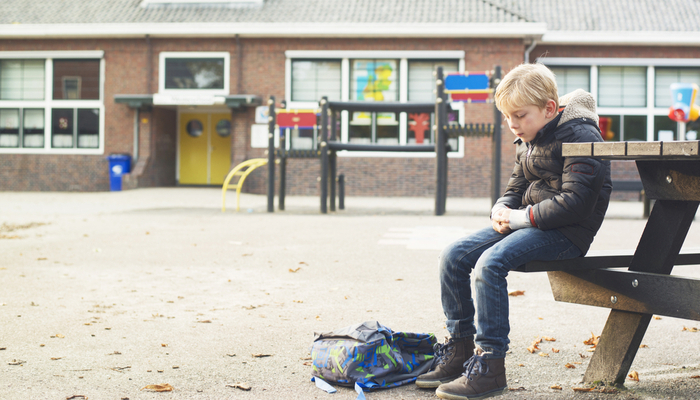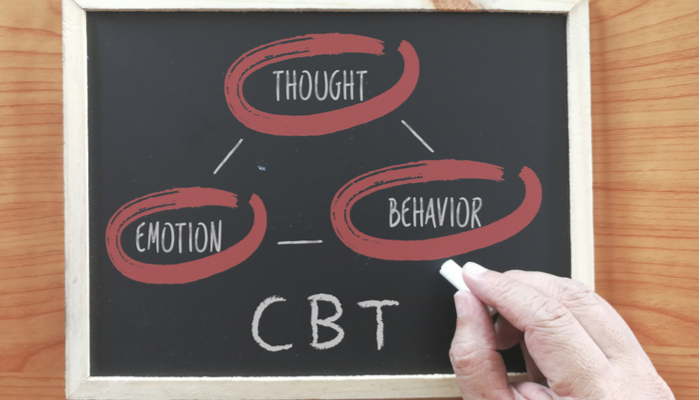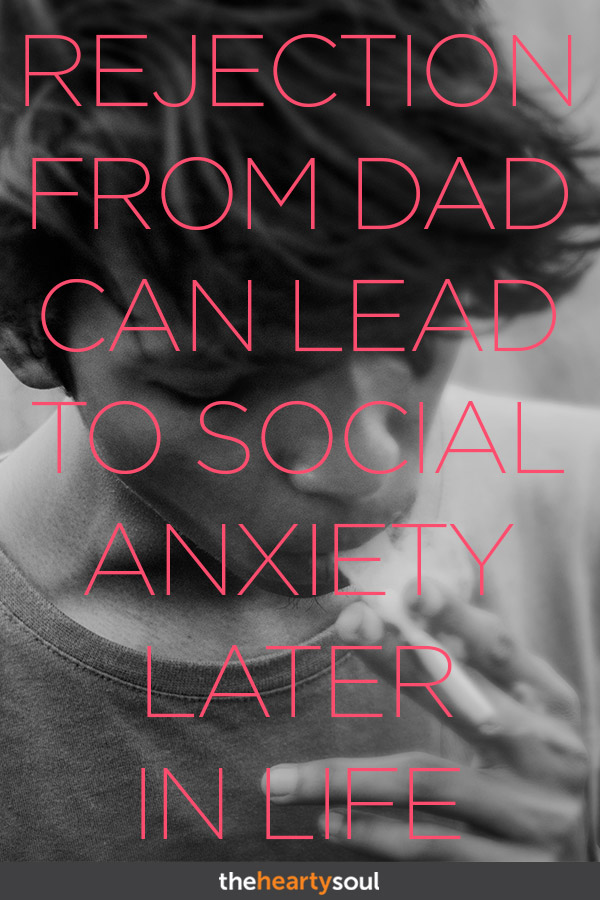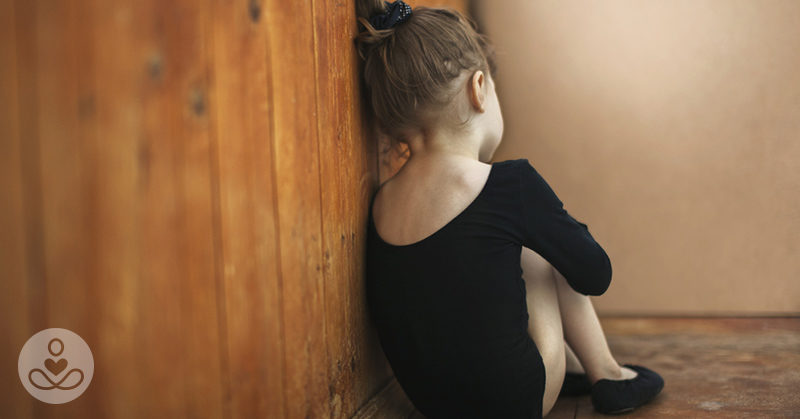Do you remember your childhood best friend? Were you lucky enough to have more than one? It turns out the nature of your childhood friendships can have a pretty long-term impact. What’s even more fascinating is how your relationship with your parents lay the foundation for your friendships, and they can even be a potential cause of social anxiety later in life. Keep reading to learn how.
Distant Parents Can Lead to Trouble Making Friends

What’s the link between your family life and your friendships? Researchers from Pennsylvania State University conducted a family study to find out.
By following 687 families from the time a child started 6th grade to the time they completed 8th grade, researchers, Hio Wa “Grace” Mak, Gregory M. Fosco, and Mark E. Feinberg were able to draw some interesting conclusions.
The quality of your friendships as a child is really closely related to how your family relationships are. Kids who felt isolated from either of your parents were more likely to have trouble establishing friendships and more likely to experience chronic loneliness. (1)
There’s Something Special About Father-Child Relationships

But it turns out that the relationship kids have with their fathers plays a slightly different role than the relationship with their mothers. Kids who feel rejected by their fathers are more likely to experience social anxiety later in life, not just loneliness or trouble making friends.
“We found that father rejection, but not mother rejection, predicted changes in social anxiety,” study author Mak said in a statement. “Fathers aren’t usually included in family research, so it’s important to know more about fathers and how they influence adolescent friendship and loneliness.” (1)
Mak makes an excellent point. Although it’s currently the norm for most American families for both parents to work full-time to provide for their kids, being able to enjoy a strong and healthy relationship with both parents is integral for proper emotional development. This doesn’t mean that only kids who grew up in 2-parent homes can be well-adjusted and successful, but it does serve as a good reminder that mothers and fathers play a vital role for their kids.
“I think these findings suggest that we should also reach out to families to help them support this sense of belonging and connection. We might be overlooking the family as an important piece of cultivating these healthy peer relationships,” researcher Gregory Fosco said. (1)
What is Social Anxiety?

Social anxiety disorder is more common than you might think; it’s the third most common mental health problem in the world, according to the Social Anxiety Association, affecting about 7% of the world’s population. (2)
“Social anxiety is the fear of social situations that involve interaction with other people. You could say social anxiety is the fear and anxiety of being negatively judged and evaluated by other people,” explains Thomas A. Richards, Ph.D., Psychologist, and president
of the Social Anxiety Association. (2)
Symptoms of Social Anxiety
- extreme anxiety, fear, nervousness
- elevated heart rate
- sweating
- dry throat and mouth
- shaking or muscle spasms
- body dysmorphia (2)
Medication Is Not the Best Way to Treat Social Anxiety

“Medication without the use of active, structured cognitive-behavioral therapy has no long-term benefits,” says Dr. Richards. He’s referring to Cognitive Behavioral Therapy (CBT), which is a type of psychotherapy that involves reframing negative thinking patterns into positive ones. (3)
The basic structure of CBT techniques a trained specialist may use involves 4 steps:
- Identify the sources of the negative thought patterns (in this case, anxiety)
- Becoming mindful of the emotions associated with those negative thought patterns in your daily life
- Identifying and reframing negative thought patterns
- Practicing deliberate positive thinking along with the coping mechanisms your CBT therapist has outlined
The Bottom Line
Kids need to feel loved! Feelings of rejection from either parent can lead to trouble making friends, and specifically feeling rejected by a father can lead to social anxiety down the line. Thankfully, social anxiety is a very manageable condition with the right treatment from a specializing CBT therapist.
Read Next: New Research Says Anxiety and Depression Linked to Narcissistic Abuse

1. https://link.springer.com/article/10.1007%2Fs10964-017-0738-9
3. https://www.psychologytoday.com/ca/blog/bottoms/201611/what-is-cbt

